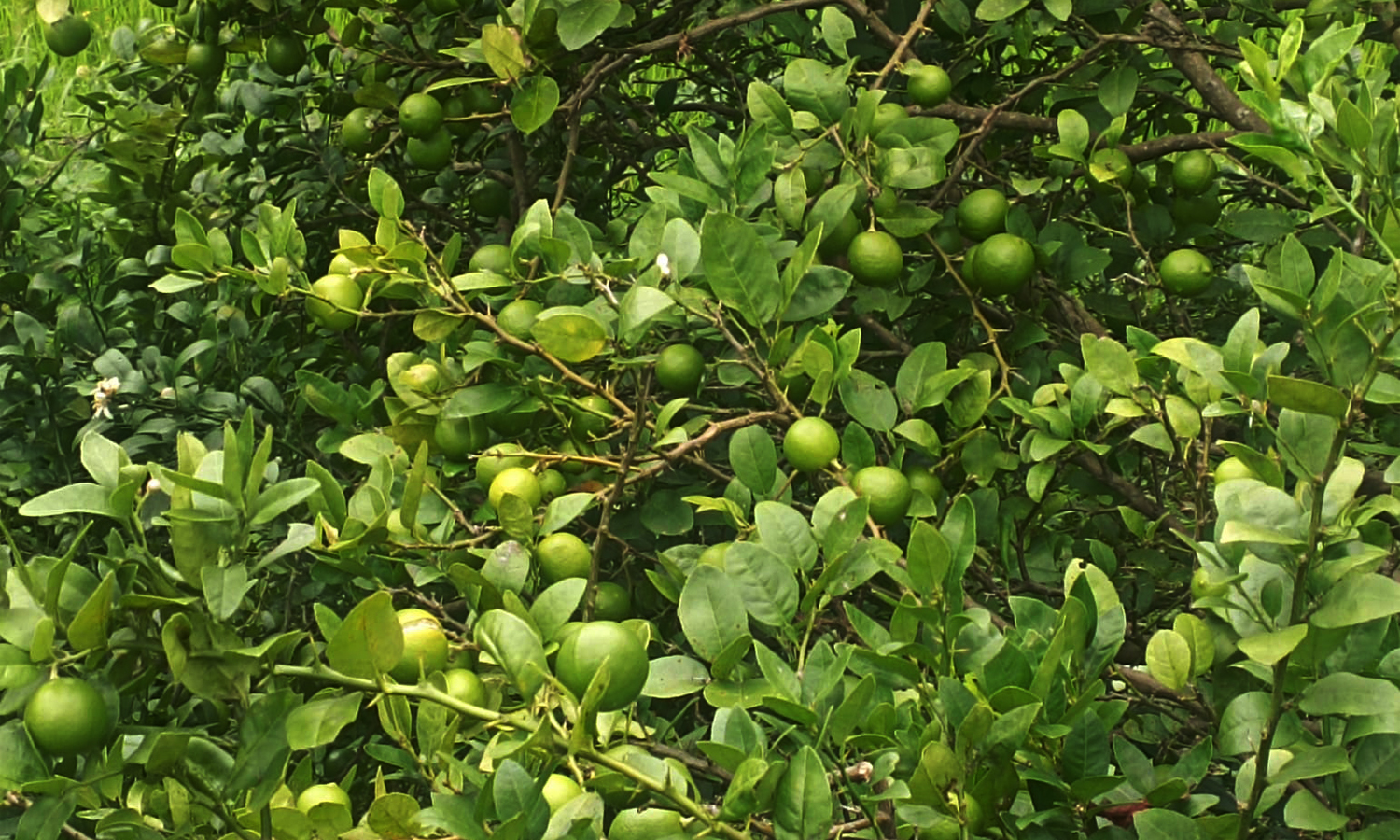Jhapa. Despite commercial cultivation and adequate production of lemon, farmers are starting to feel disappointed due to lack of market and outbreak of diseases. Farmers say that even lemons imported from India have created problems in the local produce market.
Chetnath Bhandari, Information Officer of the Agricultural Knowledge Center, Jhapa, said that lemon cultivation was done in an area of 178 hectares in the fiscal year 2076/77, 204 hectares in the fiscal year 2077/78, 300 hectares in the fiscal year 2078/79, 300 hectares in the fiscal year 2079/80 and 270 hectares in the fiscal year 2080/81. The area under lemon cultivation in the district has started decreasing since the fiscal year 2079/80.
According to him, 1,408 metric tons of lemon have been produced in the district in the fiscal year 2080/81. Productivity is 5.75 metric tons per hectare. ‘Production is being done to meet the demand of the district,’ he said, ‘Farmers say that there are problems in sales. It is time to think seriously about marketing.’
After the government introduced a policy to encourage lemon cultivation, farmers cleared rice fields and planted lemon seedlings. The then Agricultural Development Office had introduced a policy to provide training, seedlings and fertilizers. Later, the Agricultural Knowledge Center introduced additional incentive programs with the aim of making the country self-reliant in lemon. Farmers engaged in lemon cultivation have been complaining that the government has not been able to arrange a proper market despite receiving seedlings, fertilizers and skills. Recently, farmers are forced to travel from village to village in small vehicles selling lemon packs.
The Plant Quarantine Office has stated that 896 metric tons of lemons worth 62.72 million rupees were imported from India through the eastern border port of Kakadbhitta in the fiscal year 2080/81. ‘I started commercial lemon cultivation by killing tea plants,’ said Kamalraj Bimli of Birtamod-6, ‘Initially, it grew well and the income was good, but recently, diseases started killing the plants. Lemons imported from India at cheap prices have started to eat away at the local produce market.’
She said that the disease of drying up the tops of lemon trees has appeared. She said that in the past one year, four hundred lemon trees have dried up and died. At least three hundred farmers in Jhapa have been cultivating lemons commercially. Some cooperative organizations have also engaged themselves and their members in this cultivation. Sun-1, Sun-2, Madrasi, Eurika and NPRP-55 varieties of lemons have been cultivated in Jhapa. As lemon production has increased, farmers have not been able to earn the income they expected due to the lack of large industries such as pickles and juices that use it as raw material.
Ram Prasad Upreti of Buddhashanti Rural Municipality-2 has been producing lemons on one bigha of land for the past four years. He said that he would make half the profit by selling lemons worth 500,000 rupees annually. ‘It is not a farming that does not generate income,’ Upreti said, ‘It is earning ten times more income than rice farming, but now it is becoming difficult to find a market.’ He has earned additional income by cultivating betel nut in his lemon fields. He said that he has employed two people as workers for twelve months and that traders buy lemons from the plant for Rs. 3 per plant.
He feels that it would be beneficial if an environment were created where lemons could be sold easily, as the costs are not as high as in rice and other crops. Locals have gained additional employment through seasonal fertilizer, irrigation, weeding and fruit picking. Mechinagar, Buddhashanti, Birtamod, Arjundhara and Gauradah have become fertile municipalities for lemon cultivation. Jagdish Rajbanshi of Kachankabal-2 said that he was forced to abandon lemon cultivation due to the market and disasters.
Although lemon cultivation has been practiced in his farm since his grandfather’s time, commercial cultivation was only recently started. “Two years ago, after heavy winds and hailstorms damaged the lemon plantation, we had to close it,” he said. “There is no place to compensate farmers for their losses. I used to earn a good income from lemons.”
Loamy soil with no rocks up to two meters above the ground surface, no stagnant water, rich in organic matter and a pH of 5.5 to 6.5 is considered the most suitable for lemon cultivation. Recently, farmer Ram Prasad Upreti has complained that his lemon plants have been attacked by diseases such as yellowing of the stems, black spots on the leaves, root rot and drying of the branches.































प्रतिक्रिया दिनुहोस्